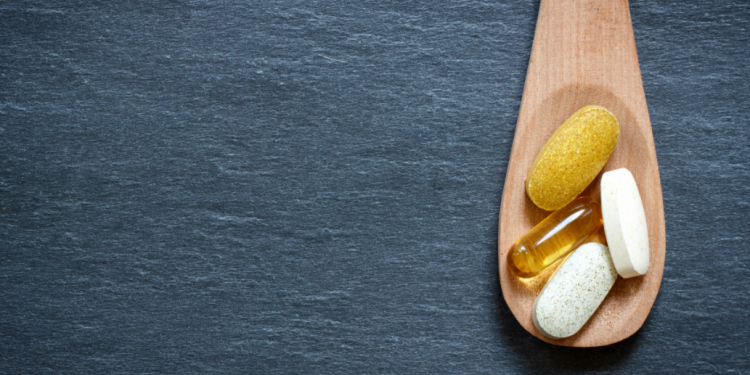by Aanika Parikh
While physical appearance is most commonly equated with nutrition level, we often overlook the impact our diet has on the powerhouse of our body: the brain. In fact, making the right changes to our diet can aid in combat with all types of brain-related issues ranging from depression to Alzheimer’s disease. As a result of the emergence of new clinical trials and awareness campaigns for the brain-gut connection, Americans seem to be investing increasingly in health supplements. But how can you figure out which nutritional changes are the best fit for you? After all, each body is unique and, while the best and most personalized source of advice will undoubtedly come directly from medical professionals, several key nutritional changes have proven to show direct benefits for the brain.
Primarily, the universal mental health crisis can be combated with nutritional improvements. A key weapon is the Mediterranean diet, which is centered on an increased consumption of whole grains, vegetables, fish, and nuts. It limits the consumption of red meats and encourages the replacement of butter with olive oil. But what does this have to do with your brain? The Mediterranean diet is rich in magnesium, which is extremely effective in reducing anxiety. According to Mary Fristrad, a professor of psychiatry, eating a plant-based diet will also reduce inflammation in the brain. Brain inflammation slows down communication between neurons and is generally accompanied by brain fog and depression. Of course, disorders like depression are more likely to provoke “lazy” or unhealthy food choices, which, in turn, can worsen mental conditions. A gradual, self-paced implementation of a Mediterranean-style diet can put an end to this cycle. Antidepressants are known to be effective in reducing brain inflammation, but are often accompanied by adverse side effects and extensive medical bills, so the Mediterranean diet alternative is definitely worth a try. Refer to Harvard Health Publishing’s “A practical guide to the Mediterranean diet” for detailed guidance on implementing this diet into your lifestyle.
Vitamins and supplements also play a large role in improving nutrition. Before adding any of these supplements to your diet, consult with your doctor to ensure your safety. A natural supplement that is effective in promoting positive moods is S-adenosyl-L-methionine (SAMe). According to Harvard Medical School, SAMe boosts the effectiveness of mood-regulating neurotransmitters and hormonal balancing systems. As a natural antidepressant that is already present in our bodies, SAMe does not generally have side effects as long as it is not taken alongside another antidepressant medication. If you are interested in the prevention of or combat with memory-related illnesses, vitamin B may be right for you. Vitamin B serves as a universal dietary supplement that helps break down homocysteine, an amino acid associated with a greater risk of Alzheimer’s disease and dementia, according to Harvard Medical School. These supplements are brain food that are cheaper and potentially healthier alternatives to brain illness medications that are most often accompanied by adverse side effects.
The next time you consider implementing changes to your diet, be sure to take into account how these changes impact your brain. While diet changes and supplements cannot replace professional care when necessary, they are a preventive measure and can be personalized to cater to your brain’s needs.
Aanika Parikh is a junior in high school who is very passionate about health care and the medical sciences. She is also interested in combating public health inequities and plans to pursue a career as a medical doctor in the future. As an avid writer, Aanika uses her skills to advocate for health-related improvements.











